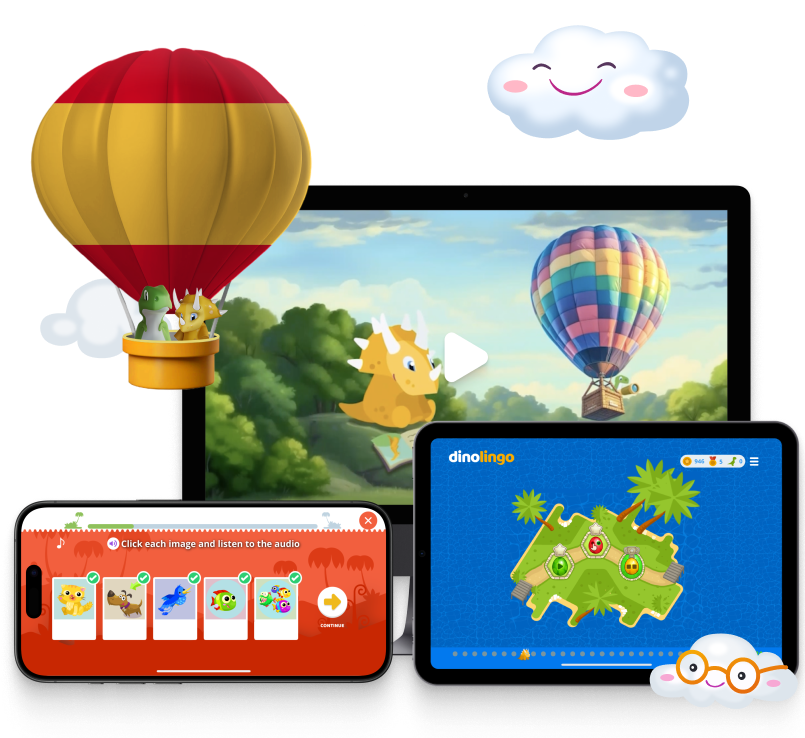What is the Easiest Language for Kids to Learn? Hint: It’s Spanish!
Kids can benefit greatly by becoming bilingual. There is research to prove that reading test scores go up, they become more creative, and they can gain a competitive edge for future jobs.
But, which language is easiest for native English speaking children to learn in the United States?
The answer is SPANISH!
Here are the reasons why Spanish is the easiest language to learn for kids:
- It can be used often in the United States
40 million people living in the United States spoke spanish at home in 2016, according to the United States Census Bureau. They report that this is more than a 133 percent increase since 1990.
They also found that there were 57.5 million people living in the country who come from hispanic origin. More than 63 percent of these people were of Mexican origin. These statistics are expected to go up over time. So, they will most likely have the opportunity to use Spanish and practice it right in their home country.
- Both languages have the same influences
Spanish is considered a romance language, along with many other European languages like French and Italian. This means they were created over time from Latin. English also has a lot of Latin based words in its dictionary. The similarities make it easy to understand how words are formed when learning each language because they have the same root words.
- Cognates
Because Latin is ingrained in both English and Spanish, that means they have either the same words or similar ones in both languages. These are called cognates.
Examples include perfect cognate words like chocolate and actor. Near perfect cognates are delicious/delicioso along with perfect/perfecto. Then, there are several interesting similar word variations, like changing English words that end in “ic” to have “ico” endings. An example is artistic/artistico. Though the student will have to technically learn a new word, it will be easier for them to remember one that is similar to their original language.

Dinolingo recommends teaching children Spanish as their second language for these reasons, but it does not mean you absolutely have to. Parents should always consider personal reasons for their kids to study a new language. Where you live could make a huge difference because the United States is so culturally diverse. If you have any family or friends who speak another language, that should go into consideration. Also, do not forget to ask your kids which language they want to learn. It always helps if the person learning the language is excited to use it.
Online Spanish lessons for kids: dinolingo.com
Census Info: https://www.census.gov/newsroom/facts-for-features/2017/hispanic-heritage.html
Start Learning a New Language Today!
Best Language App for Kids.
7-day free trial. Then only $19/month. Cancel anytime.

